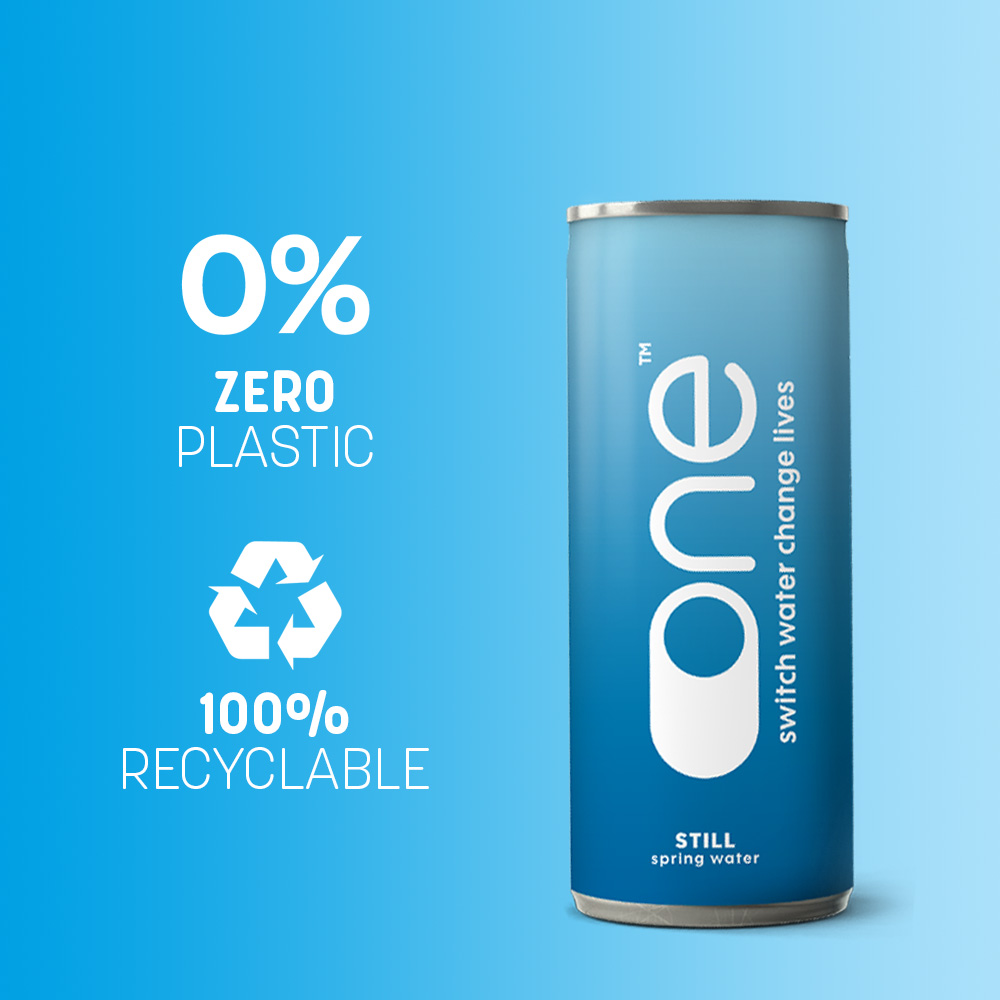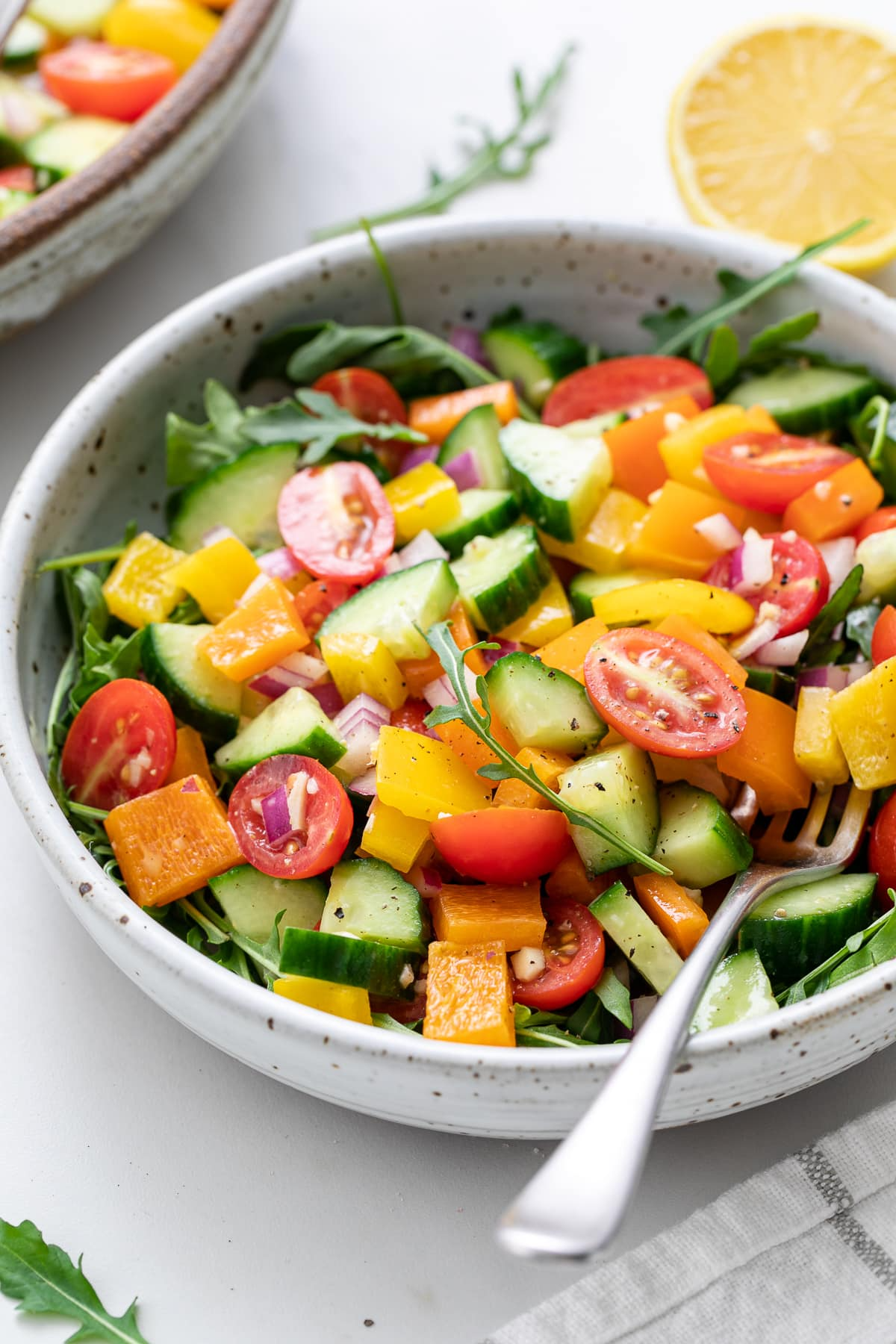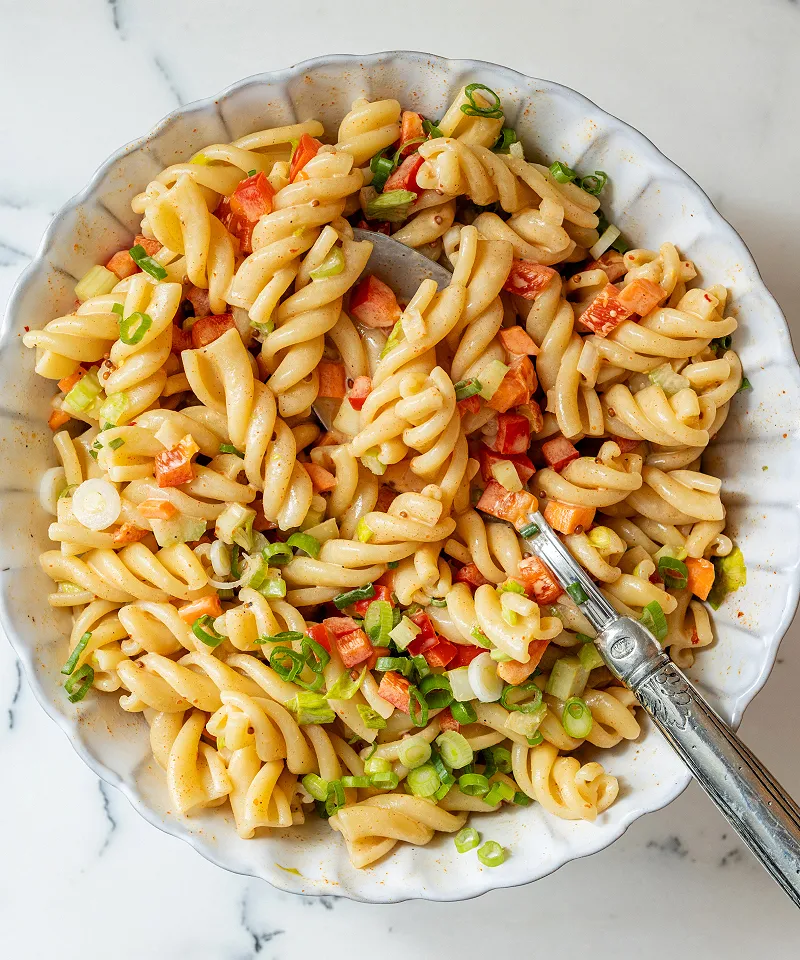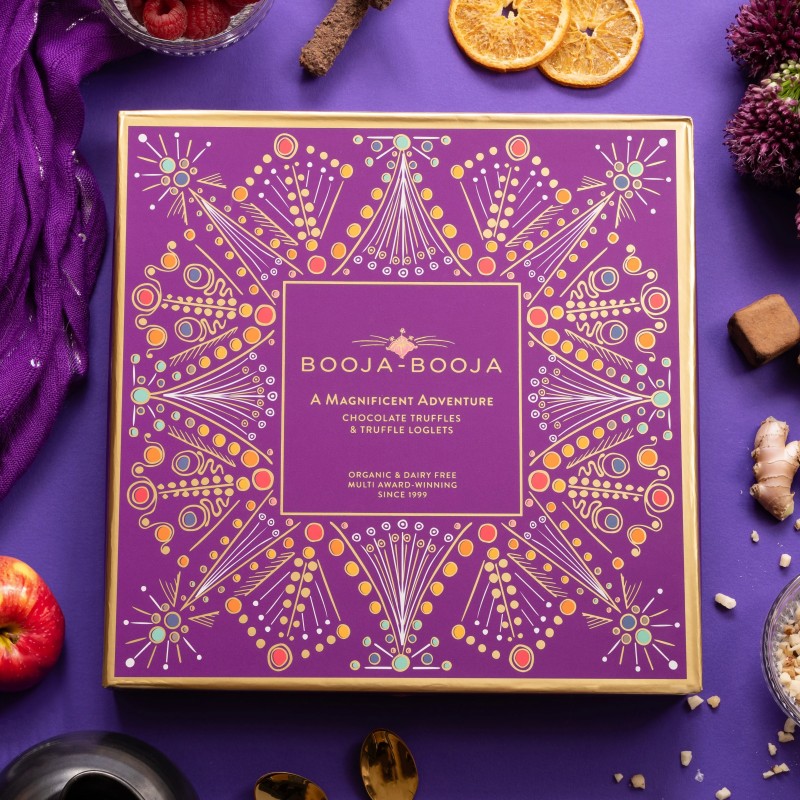Bruges, Beer & Waffles: Lessons from Belgium

Belgium is (like England) a very densely populated country. So although we could look at say New Zealand as a utopia, it’s never going to be like that in England, as we have too many people!
But people in Belgium live good quality lives, still in crowded towns and cities. So let’s look at lessons to learn from one of Europe’s prettiest countries.
Belgium is a fairly small country, not far from England. If you live in Norfolk or Suffolk and swam in a (very straight and long) line, you’d likely reach this country, which is known for its beer (over 1500 brands), chocolate and of course, waffles!
Belgium is petite. Fall asleep on a Paris to Amsterdam train, and you could miss it altogether. Lonely Planet
It’s unique in having three languages, depending on where you live. People in the south speak French, people in the north speak Dutch and a small population in eastern Belgium speak German.
Of course, the country is known to being home to the EU (Brussels), but Bruges is a prettier city that sits on canals (like a quieter version of Venice) and has a strong zero waste policy, with hardly any litter (yeh!)
Just like in England, Belgians love to talk about the weather. It’s also a national obsession!
Trams are The Main Transport
Many people travel in cities by tram, a form of transport that is used in many busy cities abroad (like Lisbon and San Francisco) yet here in England we still have a fairly archaic bus system, when trams would likely be much better in busier places to get around.
Belgium Looks After Its Museums
This is a very cultural country, and you won’t have to go far to find educational material about local towns. This is a country of people who would rather visit a museum or art gallery, than watch trashy reality TV.
Street Food is Popular
Obviously waffles and ‘Belgian frites’ (don’t call them French!) are popular. But any kind of street food is a good way to earn a living, supplying affordable food to all.
If you want to find a nice snack for lunch here, you don’t go to a big supermarket to buy a ‘meal deal’ of crisps, a drink and ice-cold sandwich. You visit a street stall for a freshly-made cheap hot meal.
Sand Dunes Are Left Undisturbed
We often think of Belgium as the city of Brussels and a few forests. But like England, it has an extensive coastline with many pretty seaside resorts.
The 15 resorts include plenty of nature reserves and undisturbed sand dunes, all linked by the world’s longest coastal tramline, to stop endless cars plugging up resort roads.
Chicory Is Not Just a ‘Side Salad!’
Here we see endives (chicory) as part of a plastic salad bag. But in Belgium, it’s the national vegetable (not Brussels sprouts!)
Tips are Included in Prices
There is no tipping culture. Tips are included as part of the service in Belgian restaurants. Th
This is also often due to being (like Sweden) a mostly cash-free society. It’s very difficult even to find ATM machines.
People Drink More Beer than Coffee!

No endless chain store coffee shops here. If you visit a café in Belgium, it’s more to share a beer than a coffee.
Their coffeehouses are more like old French brasseries, with old wood panel walls, antique mirrors and brass statues.
Each Driving Party has a ‘Bob!’
A ‘Bob’ is the slang term for a designated driver. Drink-driving laws are very strict in Belgium, so there’s always a Bob in the party, to drive everyone home, after a night out. Just one strong beer in Belgium can send you over the legal limit to drive.
The City of Ghent is Car-free
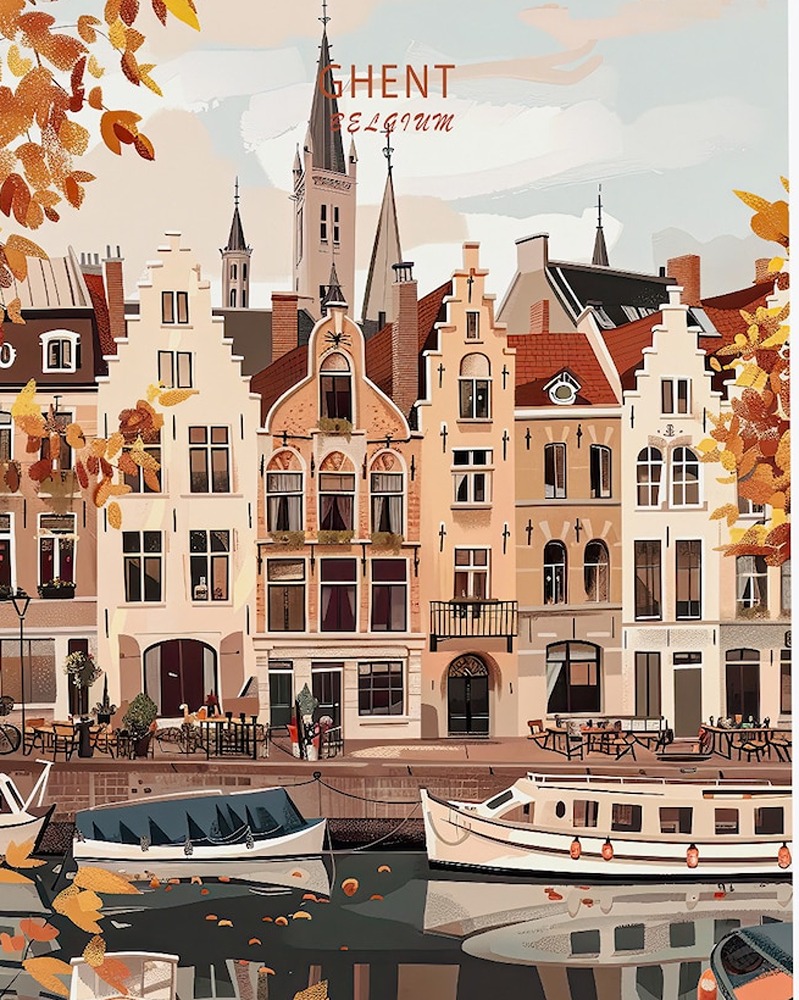
In the car-free city of Ghent, town planners make it easy to walk or get public transport into the city centre, so drivers have to navigate ring roads if they wish to drive. In other words, it’s more of a hassle to drive there than to walk there, or take the bus.
At most times, the only cars allowed are emergency vehicles. And before 11am and after 6pm, streets are open to public transport, refuse collectors, doctors and taxis (plus electric and cargo bikes).
But during the day, it’s people and ambulances/fire engines/police cars only. People with bikes are also allowed, as long as they push their bikes by hand!
This city of around 100,000 people now has over 2 bikes per household, almost 20% less air pollution than other cities, hardly any traffic jams on outer roads (note to M25), far fewer traffic accidents and ‘the noisy opposition’ quietened down long ago!
Most Shops Close on Sundays
In Bruges especially, nearly all shops close on Sundays, leaving local independent shop owners a much-deserved day off (supermarkets if open, close at 1pm).
Keeping Sundays Special is not just for religious reasons. But also helps indie shops to thrive, in a sea of supermarkets and chain stores. And also promotes a society that does not see shopping as the main activity of life!
The ‘Venice of the North’
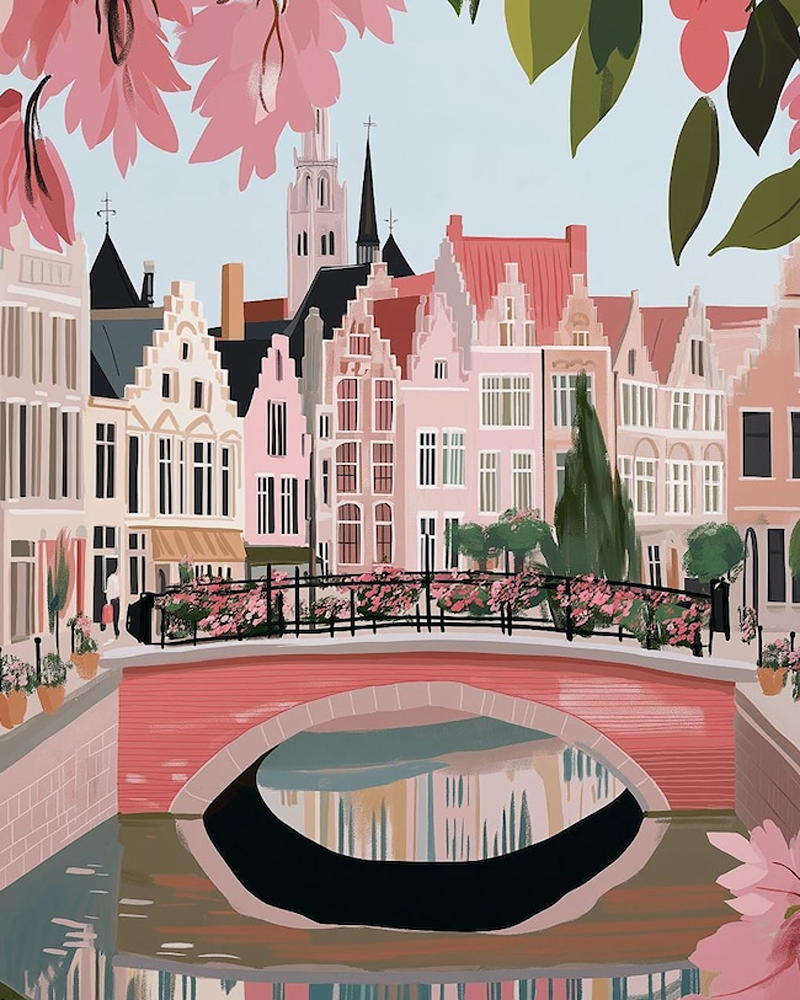
Bruges (or Brugge) has got to be (hands-down) one of the world’s most beautiful cities (with canals and over 80 bridges to link them).
Take a 20-minute (walk & tone) with fitness trainer Lucy Wyndham-Read, as she travels early-morning throughout this ancient place.
There are also plenty of beautiful green parks, some with windmills on hills! And most of Belgium’s 300 castles are nearby.
There is even bar dedicated to potatoes, where alongside your beer you can order homemade croquettes. Why in England (like Ireland, a country known for its love of potatoes) are we not supporting local farmers by offering similar initiatives?
The ‘Bruges Whale’ is an enormous statue made from 5 tons of plastic trash pulled from the Pacific Ocean, to highlight the need to clean up our planet. Its stark contrast to the ancient buildings makes a real statement.
Better than our ‘Angel of the North’ that has been criticised for causing accidents, and so ugly that someone said it looks like a Nazi propaganda statue. It’s known locally as the ‘Gateshead flasher!’


